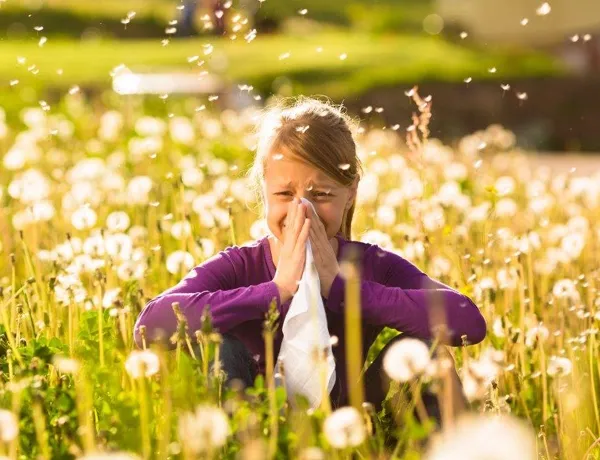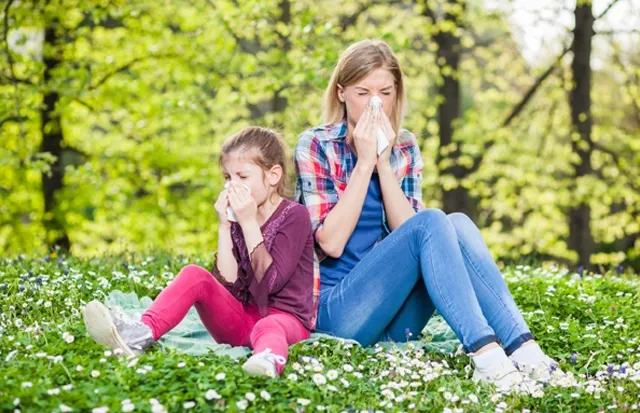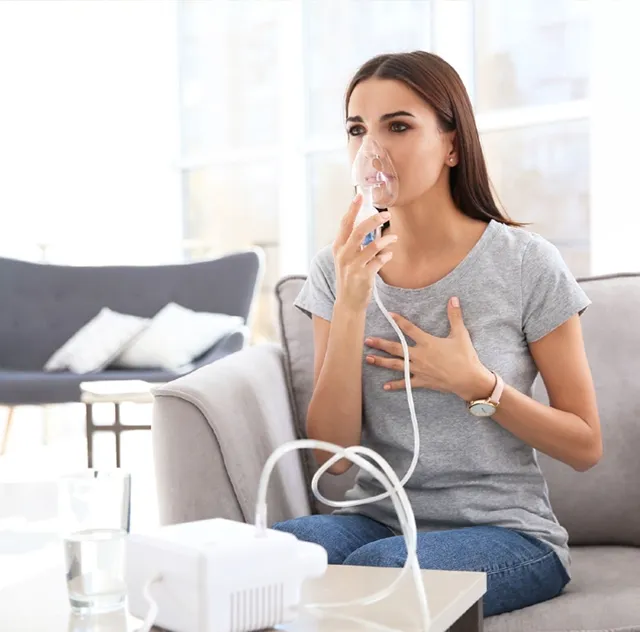
Respiratory Allergies
Have ever wondered what is allergy? How does an allergy occur? Why some people have allergies and others don’t?
Here I will try to answer some of your questions and give you some useful hints to know if you have an allergy or not and if you do what can you do to stop them.
Allergy is a group of symptoms affecting the nose, lungs, eyes, skin or gastro intestinal tract mainly. These symptoms occur in the respiratory allergies (nose and lungs) when you breathe in something you are allergic to, such as dust, animal dander, or pollen. Symptoms can also occur when you eat a food that you are allergic to or even if you touch it.
But why some people have them and others don’t ?
The answer is simple, some people are more prone because they have Inherited genetics (yes, it runs in families) or environmental exposures that contribute to the development of allergies, for example you must eat a lot of peanuts or be around cats to develops a peanut or cat allergy.
Then the allergic response happens because the allergic person have an exaggerated response or allergy in which their body think that the “allergen” for example the dust is a “bad guy” trying to attack your body and your body produces an inflammatory response to it as if was a virus or bacteria for example. Reason why the allergy symptoms are very similar the common cold symptoms. (Sneezing, Itching: Nose, eyes, ears or mouth, Runny nose, Postnasal drip, Congestion, Loss of smell, Headache)


Between 10 and 30% of the worldwide population have nose allergies.
Although itself is not a life-threatening condition (unless accompanied by severe asthma or anaphylaxis), morbidity from the condition can be significant. Meaning that patients with allergies not treated properly end up with complications such as Acute or chronic sinusitis, Middle ear infections, Sleep disturbance or apnea, Dental problems (overbite): Caused by excessive breathing through the mouth. Allergies are associated with asthma, urticaria, conjunctivits and nasal polyps too.
How do you know if you have or not allergies? We have 2 basic tests that we can easily do. One is in blood and the other one with small pricks in the skin of your arms or back. Depending if you have a sensitive skin or other skin problems we decide which one is better for you.
Once we know the allergen that triggers your allergic reaction how do we treat it? If the allergen is something that you can avoid we will recommend avoidance and we will explain you how you can avoid that particular allergen for example if you are allergic to dogs stay away from them. But if you are allergic to dogs and you are a veterinary, have 5 dogs at home and dog lover in that scenario avoidance will be very hard and we can treat your allergy with immunotherapy also called allergy shots.
Now what if you are allergic to dogs and you are trying to stay away from them but you are planning to visit a friend with dogs? In that case just take your antihistamine before visiting your friend.
There is a lot more about allergy treatment but it depends on the severity of your allergies. I like to explain to my patients that the allergy treatment is like climbing a ladder, the more symptoms you have that does not respond to the more basic treatment the higher step on the treatment ladder you will climb. Our aim is to keep you free of symptoms with the least medication.
Some other allergy treatment includes antihistamines, steroids(intranasal and systemic), anti-leucotriens, immunotherapy and others like biological treatments.
If you want to know more about allergies or you think you might have one I will be happy to assist you.
To book an appointment with Dr. Nicole Perez please call 800 4272 or email at info@healthbayclinic.com










